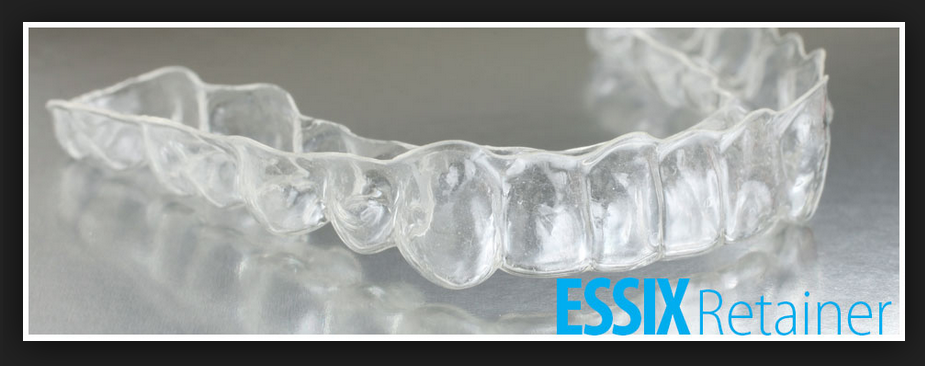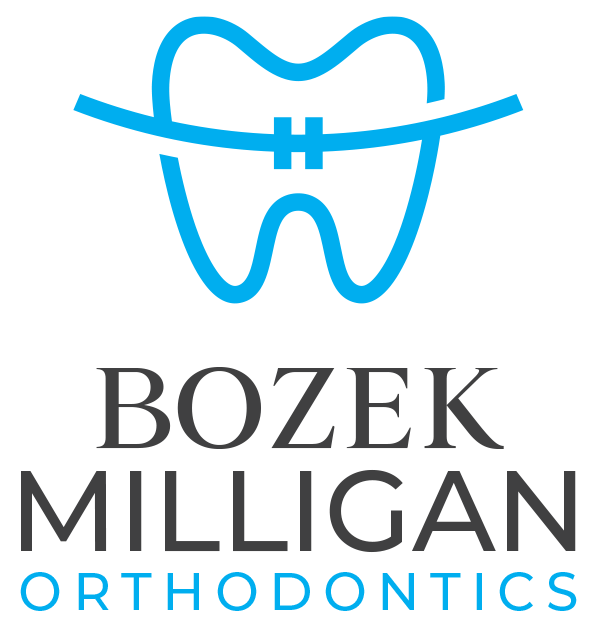Retention Stage
When we remove your braces, we will begin the retention stage of your treatment. The retention phase lasts for a minimum of 24 months. Your final orthodontic result depends on your retainer use. Remember to remove your removable retainer before brushing, and brush your retainer before placing it back in your mouth. It is possible to effectively brush and floss around bonded fixed retainers using the floss threader or gum picks we provide you. Keeping your removable retainers away from heat, cold, pets and in a consistent location will help you to avoid replacement costs and additional unnecessary visits.
In the event that you lose or break your retainer or see unwanted teeth movement please call immediately for an appointment. If your bonded fixed retainer has come loose or out, please keep it and bring it with you to your visit to be re-bonded.
Permanent Wire Retainers
Bonded lingual retainers (also called fixed retainers) are cemented directly to the inside surface of your front teeth. This is one of the best ways to prevent your teeth from shifting. Patients with bonded lingual retainers should floss or use interdental picks regularly behind the retainer to ensure their teeth are clean. If your retainer becomes loose or broken, please call our office immediately to prevent your teeth from shifting.
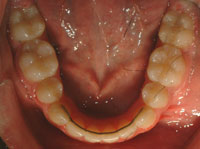
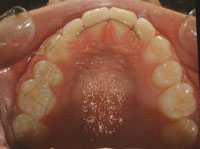
Upper Hawley Retainers
Upper Hawley Retainers are often used after a phase one treatment to hold the new arch form and await the eruption of the remaining permanent teeth. They are often only worn at night unless otherwise advised by Dr. Bozek.
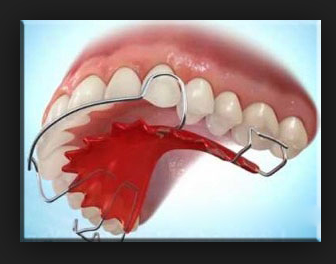
Essix Retainers
Essix retainers are often used in addition to bonded fixed retainers in clients who may have high risk relapse due to rotations or tongue thrust or spaces. They are often worn at night to bed unless otherwise instructed as added protection/insurance. In some cases a client’s bite doesn’t allow room for a bonded fixed retainer and thus the client will only have an essix as a retainer. In this circumstance it is very important to wear it as often as possible in the first 2 years to prevent relapse.
